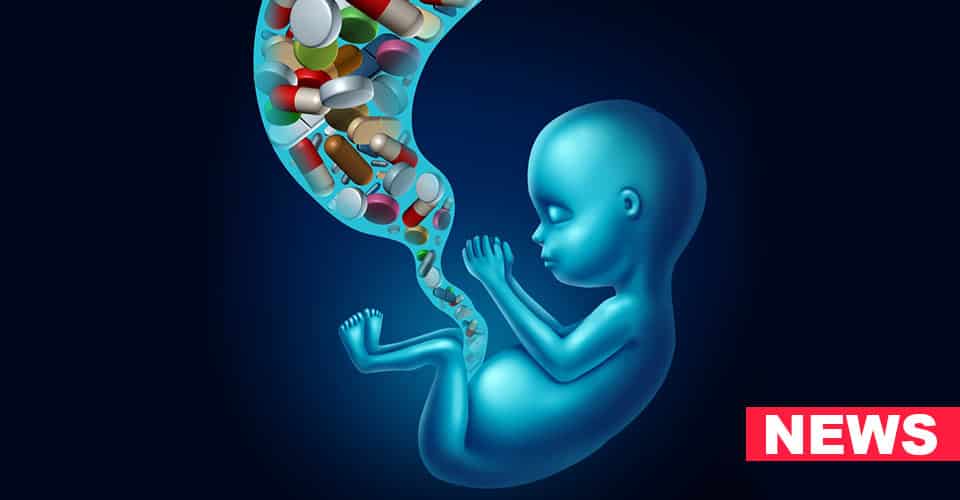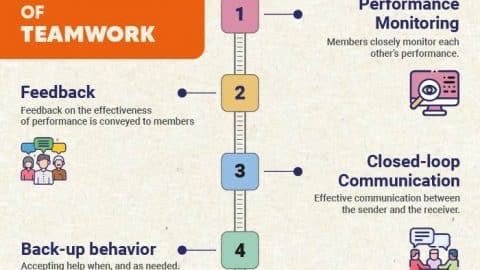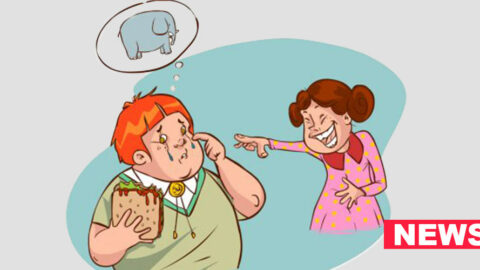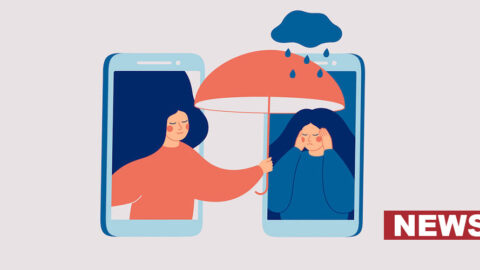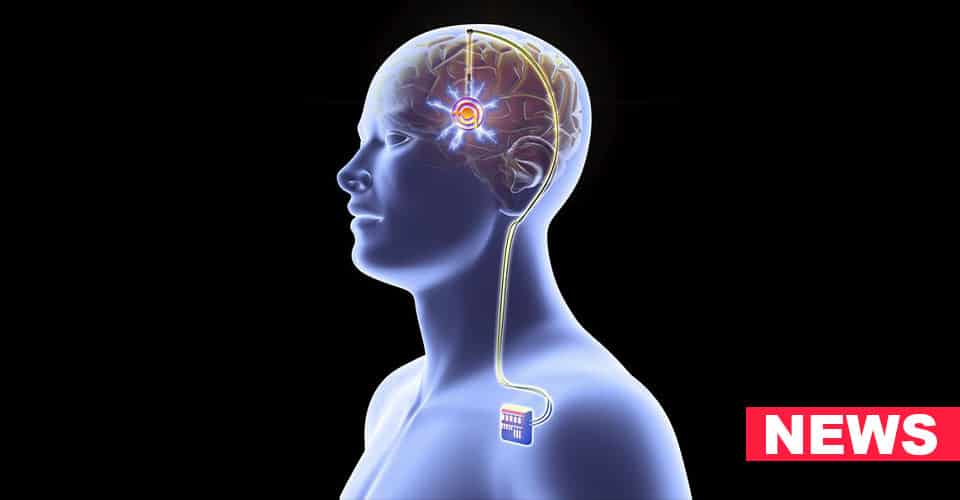In the fast-paced modern world, the pursuit of mental well-being has become a priority for many. Amidst various therapeutic approaches, the profound impact of art on mental health is gaining recognition.
Emotional Expression: Impact of Art on Mental Health
Art serves as a medium of expression that transcends verbal communication. It allows individuals to convey complex emotions, thoughts, and experiences that may be challenging to articulate verbally.
The creative process engages the mind in a way that promotes self-discovery and self-expression, both crucial elements in maintaining mental health.
Stress Relief Through Creativity
One of the key ways art contributes to emotional well-being is by providing a therapeutic outlet for stress and anxiety.
Engaging in creative activities has been shown to reduce cortisol levels, the hormone associated with stress.
Whether it’s the rhythmic strokes of a paintbrush or the flow of words on a page, the act of creating art can induce a sense of calm and relaxation, alleviating the burdens of daily life.
Mindfulness in Creation
Moreover, the process of creating art fosters mindfulness—a state of focused attention on the present moment.
This mindfulness can act as a respite from the constant stream of thoughts and worries that often contribute to mental health challenges.
Empowering Children Through Art
Creating art can give children a sense of accomplishment and boost their self-esteem. When children see something beautiful that they have created, it can help them to feel good about themselves and their abilities.
This can be especially helpful for children who are struggling with low self-esteem or confidence.
Art’s Role in Boosting Self-esteem
Art also has the power to instill a sense of accomplishment and boost self-esteem. Completing a piece of art, whether it’s a painting, sculpture, or written work, provides a tangible representation of one’s creativity and effort.
This sense of achievement can be especially empowering for individuals grappling with mental health issues, offering a positive and tangible outcome from their creative endeavors.
Fostering Social Connections Through Art
Beyond the individual benefits, art can also facilitate social connections, which are integral to mental well-being.
Group art activities, such as community art projects or art therapy sessions, create spaces for individuals to share their creative journeys.
This fosters a sense of community, reducing feelings of isolation and loneliness—common struggles for those dealing with mental health challenges.
Art Therapy: A Recognized and Effective Approach
In the realm of mental health treatment, art therapy has emerged as a recognized and effective approach.
For example, art therapy is a type of therapy that uses art to help children cope with trauma, stress, anxiety, depression, and other mental health conditions.
Art therapy can be used to help children express their emotions, process difficult experiences, and develop coping skills.
Encouraging Creativity in Child Development
Art is an essential part of a child’s healthy development. It can help children to express themselves, process their emotions, and develop coping skills.
If you are a parent, encourage your child to be creative and express themselves through art.
The Process Matters: Embracing the Journey of Creation
In harnessing the impact of art on mental health, it’s essential to recognize that the goal is not necessarily to create a masterpiece.
The focus is on the process—the act of creation itself. Art is a personal and subjective experience, and there are no right or wrong ways to express oneself creatively.
Art: A Healing Force in Society
Art has the power to heal, inspire, and connect us on a deeper level. So, why not pick up that paintbrush, grab that notebook, or engage in whatever form of art speaks to you? Your mental health may thank you for it.
In a world increasingly recognizing the importance of mental well-being, the role of art as a therapeutic and transformative tool cannot be overstated.
From stress relief to fostering social connections, the impact of artistic expression reverberates across age groups, offering a holistic approach to mental health in the contemporary landscape.











